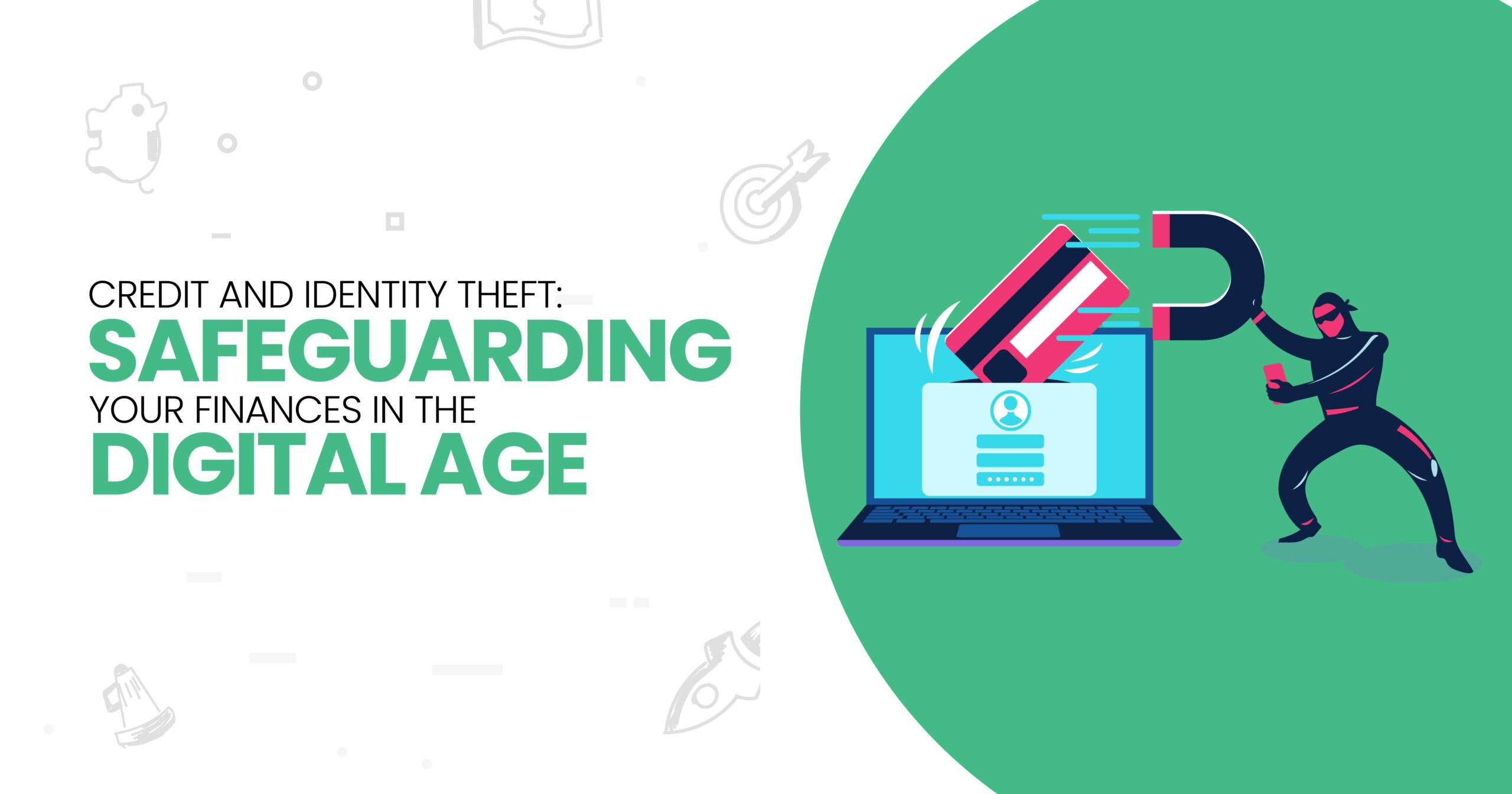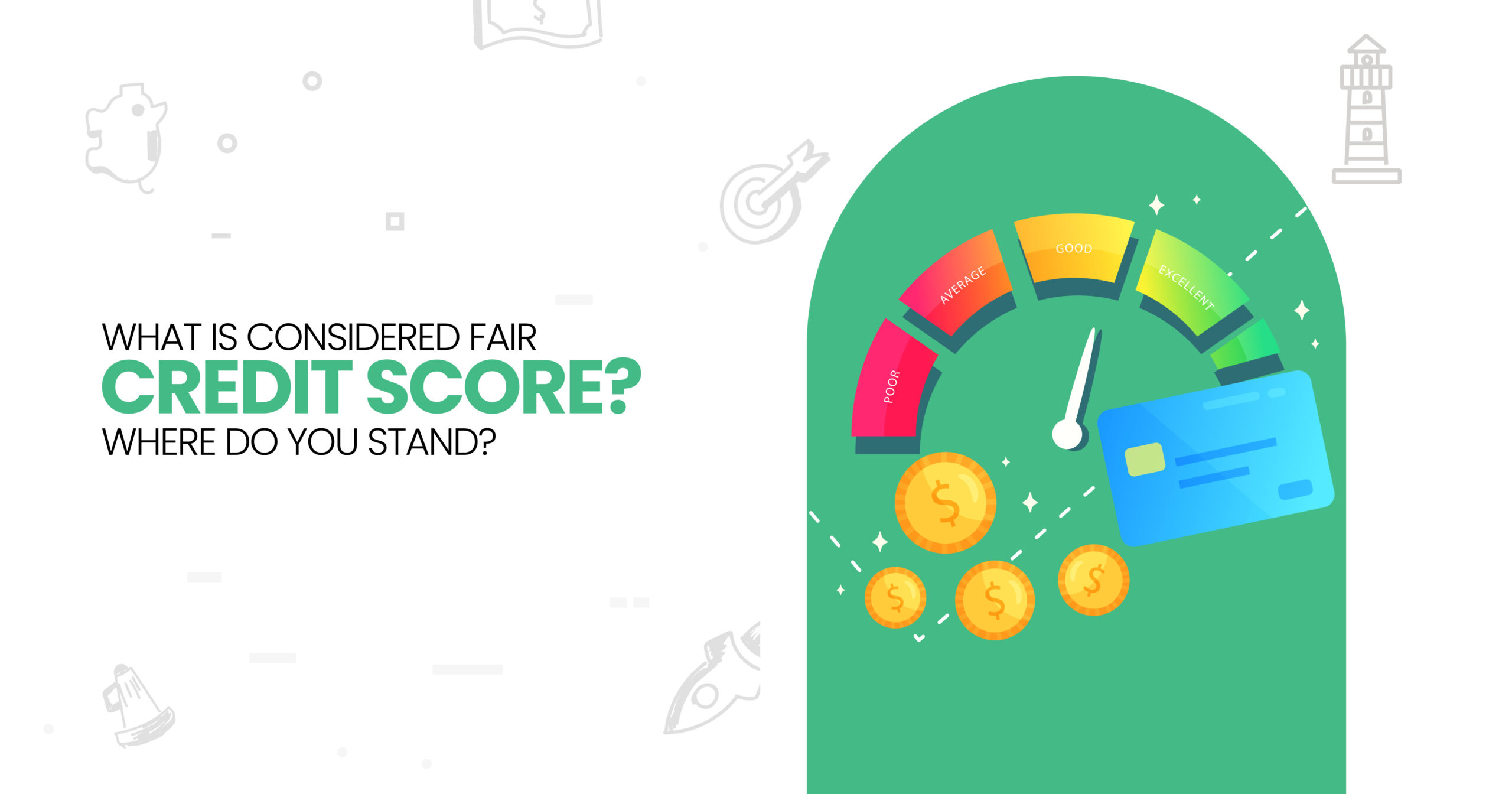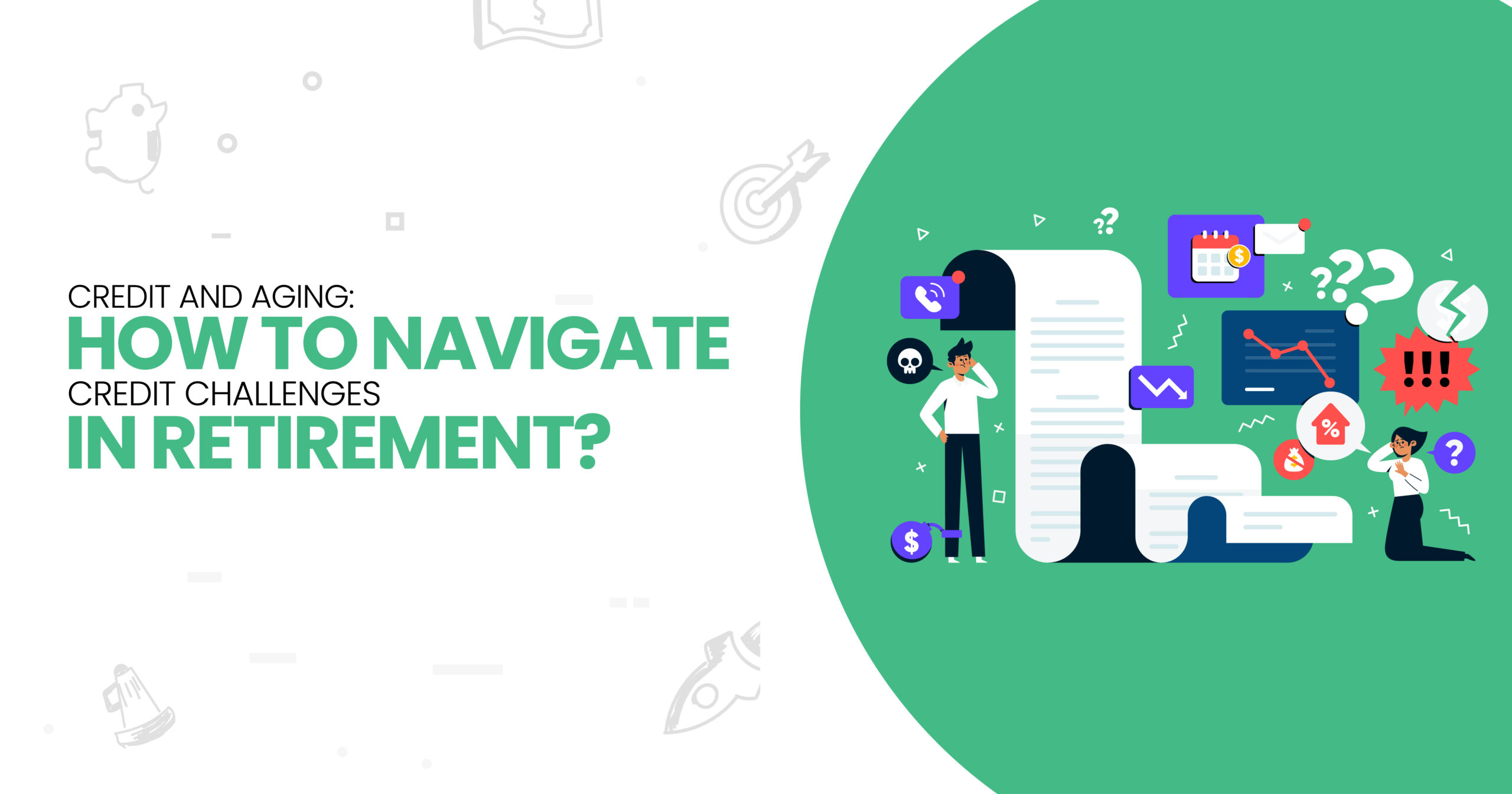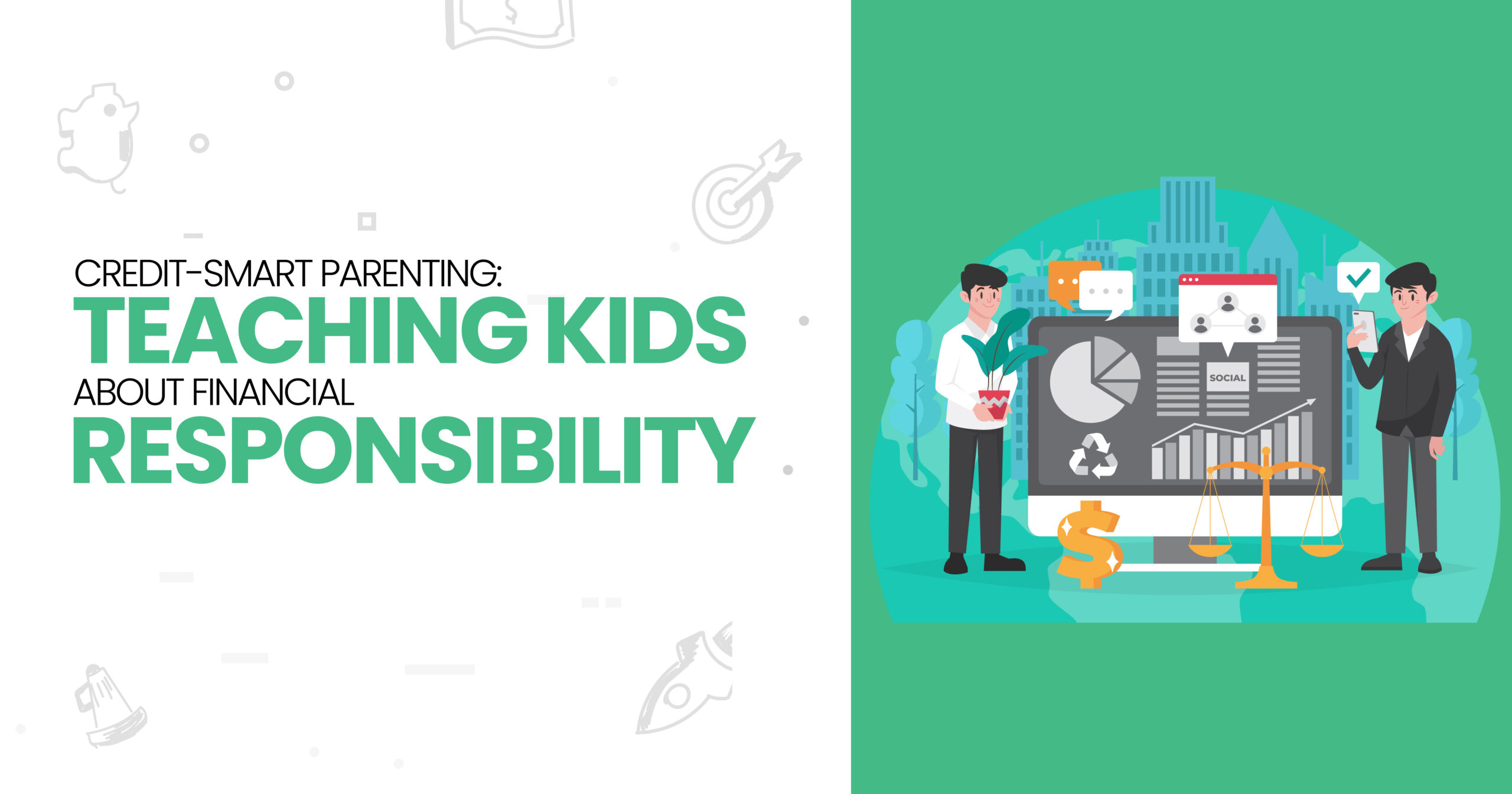Need help? Get in touch!
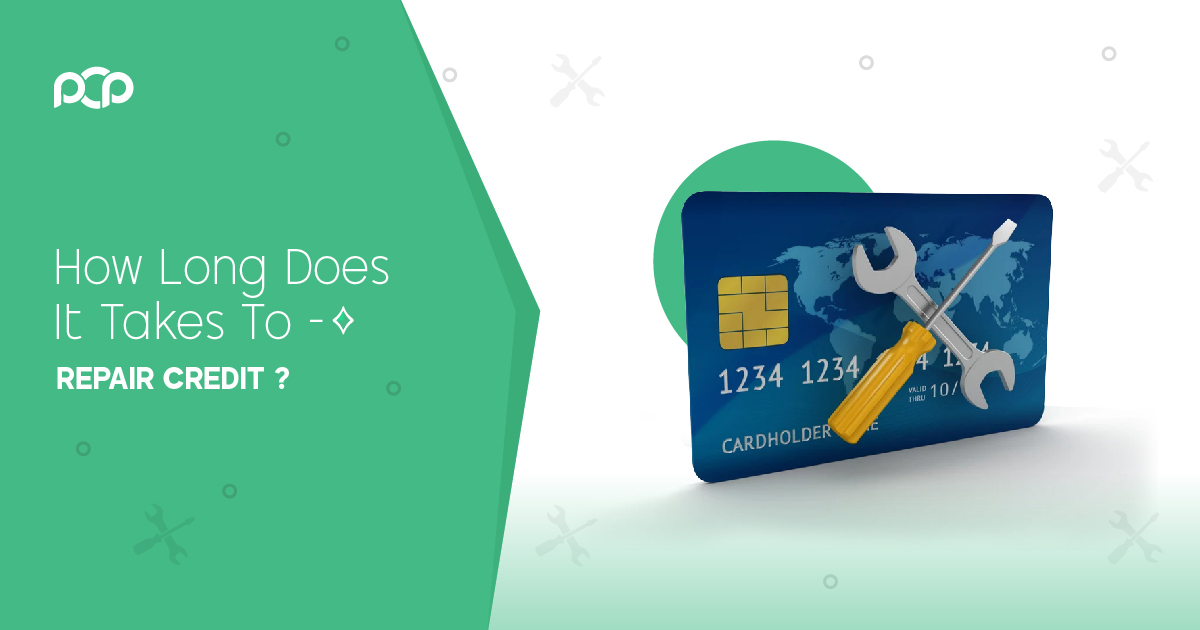
How Long Does It Take To Repair Credit?
Your credit score plays a pivotal role in your financial life, influencing everything from loan approvals to interest rates. Understanding how long it takes to repair your credit is essential for those looking to improve their financial standing. Your credit report contains a detailed history of your financial activities, while your credit score is a numerical representation of this information. Regularly monitoring your credit reports allows you to identify negative items that may be impacting your score.
Factors Influencing Credit Repair Timelines
The time it takes to repair credit varies based on several factors, including the type and severity of negative items, individual financial habits, the strategies employed, and the cooperation of creditors. Understanding these factors is crucial for individuals seeking to improve their credit scores. Here are the key elements that influence the duration of the credit repair process
Type And Severity Of Negative Items
- Bankruptcies and Foreclosures: These severe negative items can have a long-lasting impact on credit scores. It often takes several years for the impact to diminish.
- Late Payments and Collections: Less severe than bankruptcies, but still impactful. The more recent the negative item, the longer it may take to recover.
Individual Financial Habits
- Consistent Positive Behavior: Adopting responsible financial habits, such as making timely payments, reducing outstanding debt, and managing credit responsibly, can expedite the credit repair process.
- Continued Neglect: If negative financial habits persist, improvement may take longer. Consistent late payments or accumulating more debt can impede progress.
Credit Repair Strategies Employed
- Disputing Inaccuracies: The process of disputing inaccuracies on credit reports can take time. Credit bureaus have 30 days to investigate disputes, and the resolution may impact the overall timeline.
- Negotiating Settlements: Settling outstanding debts with creditors can lead to the removal of negative items, but the negotiation process can be time-consuming.
Creditor Cooperation
- Creditor Response Time: The willingness of creditors to cooperate and respond to disputes or negotiations can affect the speed of credit repair. Some creditors may respond promptly, while others may take more time.
Credit Monitoring And Adjustment
- Regular Monitoring: Individuals actively monitoring their credit reports can identify changes, improvements, or setbacks. Regular monitoring allows for adjustments to the credit repair strategy based on the ongoing situation.
- Adaptability: Being open to adjusting strategies based on the effectiveness of previous efforts is key. Flexibility in approach ensures that individuals can navigate challenges and capitalize on opportunities for improvement.
Financial Counseling And Education
- Utilizing Credit Counseling Services: Seeking professional guidance can provide valuable insights into managing finances, creating budgets, and developing strategies for credit improvement.
- Educational Initiatives: Understanding the principles of credit management and financial responsibility contributes to long-term success. Ongoing education can lead to sustained positive financial habits.
Previous Credit History
- Long-Term Patterns: Individuals with a history of responsible credit management may experience a faster recovery. Long-term positive patterns can outweigh the impact of isolated negative incidents.
Credit Score Goals
- Short-Term vs. Long-Term Goals: The timeline may differ based on whether the goal is to make short-term improvements for a specific financial need or achieve a more substantial, long-term credit score increase.
DIY Vs. Professional Credit Repair
Before diving into credit repair, individuals often weigh the pros and cons of tackling the process on their own versus hiring a professional service. While DIY approaches offer cost savings, professional services can provide expertise and efficiency. Understanding the benefits and costs associated with each option is crucial for making an informed decision.
Common Credit Repair Strategies
Credit repair involves a combination of strategies. Each strategy addresses different aspects of your credit profile and contributes to overall improvement.
Dispute Inaccuracies On Credit Reports
- Review Credit Reports: Obtain copies of your credit reports from major credit bureaus (Equifax, Experian, and TransUnion) and carefully review them for inaccuracies.
- File Disputes: If you identify errors, submit dispute letters to the credit bureaus explaining the inaccuracies. The bureaus have 30 days to investigate and respond.
Negotiate With Creditors
- Contact Creditors: Reach out to creditors with whom you have negative accounts. Explain your situation and inquire about the possibility of negotiating a settlement or establishing a repayment plan.
- Pay for Deletion: Negotiate a “pay for deletion” agreement, where you agree to pay the debt, and the creditor agrees to remove the negative entry from your credit report.
Establish Positive Credit Habits
- Timely Payments: Ensure all current and future payments are made on time. Timely payments have a positive impact on your credit score.
- Reduce Outstanding Debt: Work on paying down existing debt. Lowering credit card balances and overall debt-to-income ratio can contribute to credit score improvement.
Secured Credit Cards
- Apply for a Secured Credit Card: Secured credit cards require a security deposit and are designed for individuals with limited or damaged credit. Responsible use can positively impact your credit score.
Credit Counseling
- Seek Professional Guidance: Enlist the help of a reputable credit counseling agency. They can provide advice on budgeting, debt management, and financial strategies to improve your credit.
Debt Consolidation
- Consolidate High-Interest Debt: Consider consolidating high-interest debts into a single, more manageable loan. This can make it easier to keep track of payments and reduce overall interest payments.
Goodwill Letters
- Write Goodwill Letters: If you have a history of on-time payments but encountered a temporary financial setback, you can write goodwill letters to creditors, explaining the situation and requesting the removal of negative entries.
Become An Authorized User
- Join a Positive Credit Account: Ask a family member or friend with a positive credit history if you can become an authorized user on their credit card account. This can potentially boost your credit score.
Set Realistic Goals
- Define Achievable Targets: Set realistic short-term and long-term goals for credit improvement. This could include specific targets for reducing debt, making timely payments, and achieving a target credit score.
Educate Yourself
- Continuous Learning: Stay informed about credit management principles, financial literacy, and best practices. Being knowledgeable empowers you to make informed decisions and maintain good credit.
Realistic Expectations And Patience
Setting achievable goals and understanding the time commitment required for credit repair is essential. Patience is a virtue in this process, as improvements may take time to reflect on your credit reports. Acknowledging the importance of patience helps individuals stay motivated and committed to their credit repair journey.
Monitoring Progress
Regularly checking your credit reports and scores is an integral part of credit repair. Monitoring progress allows you to track improvements, identify setbacks, and adjust strategies as needed. This proactive approach ensures that you stay on course towards achieving your credit repair goals.
Conclusion
In conclusion, repairing credit is a gradual process that requires a combination of diligence, strategic planning, and patience. By understanding the factors influencing credit repair timelines, employing effective strategies, and staying committed to the process, individuals can take control of their financial future. Remember, the journey to good credit is an investment in your long-term financial well-being, and the benefits are well worth the effort.
related post
- Located in Pembroke Pines, FL
- FICO is a registered trademark of Fair Isaac Corporation in the United States and other countries. Pines Credit Pros does not offer legal advice and is not a substitute for legal services. Pines Credit Pros does not guarantee the permanent removal of verifiable tradelines or make promise(s) of any particular outcome whatsoever. Pines Credit Pros requires active participation from its clientele regarding requested documents and information, including investigation results, for the sought-after outcome of a healthy, accurate credit report. Individual results may vary.


